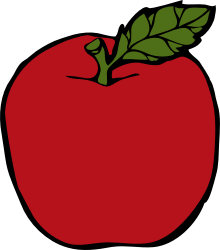As my group has been refining the our chapter for the Digital Civilization book I have been trying to articulate the answer to a question: What is it about the copyright system that is so wrong? Why is it wrong to let someone protect their creative expressions for a century? They created it, so they should be able to reap the financial benefits of it, right?
Except that that's not how culture works best.
Sociality is a dialogue and pop culture is a back and forth.. In fact, it is now more than it ever was because in previous generations mass media wasn't capable of distributing in more than one direction. Now it is capable. Now the audience can send mass messages back to the distributors and other members of the audience; popular dialogue is possible on a scale never before imaginable. The more people are free take the messages that they are sent--whether they are art, writing, music, film, or other forms of media--and add their own perspective to it before redistributing it, the more robust our cultural dialogue.
At least two kinds of creators should be interested in enriching the popular dialogue--shaping the public consciousness--by circumventing the copyright system. First: artists. People who are creating work because they want to say something instead of make money will get wider distribution and make more dynamic contributions to society using liberal-use licenses. (I acknowledge that many principled artists would prefer not worrying about money, but do need to charge for and protect their content because they need to eat, so there's some crossover there.) Second: people who want to make money from their content need to acknowledge that if they want to try to capitalize on what media the public is consuming and create that media themselves, then they need to allow that the consumer will naturally take that content and make it a part of themselves. Just like how the elemental components of food get used to build the body that consumes it, the content we consume becomes a part of us. So ownership of the essence of that media is transferred to the consumer who purchased it and they need to be allowed to use what has become a part of them to express themselves. So it makes sense to allow short-term copyrights (say, 15 years) but then consumers are entitled to freely reexpress what has been sold and fed to them.
Probably you are thinking to yourself right now that this is absurdly abstract. Mayne you are even wondering to yourself whether I actually even have a real idea inside this pedantic rambling. I do! Well, I think I do. This post is to get the ideas out. I'll refine them in my next post.


No comments:
Post a Comment